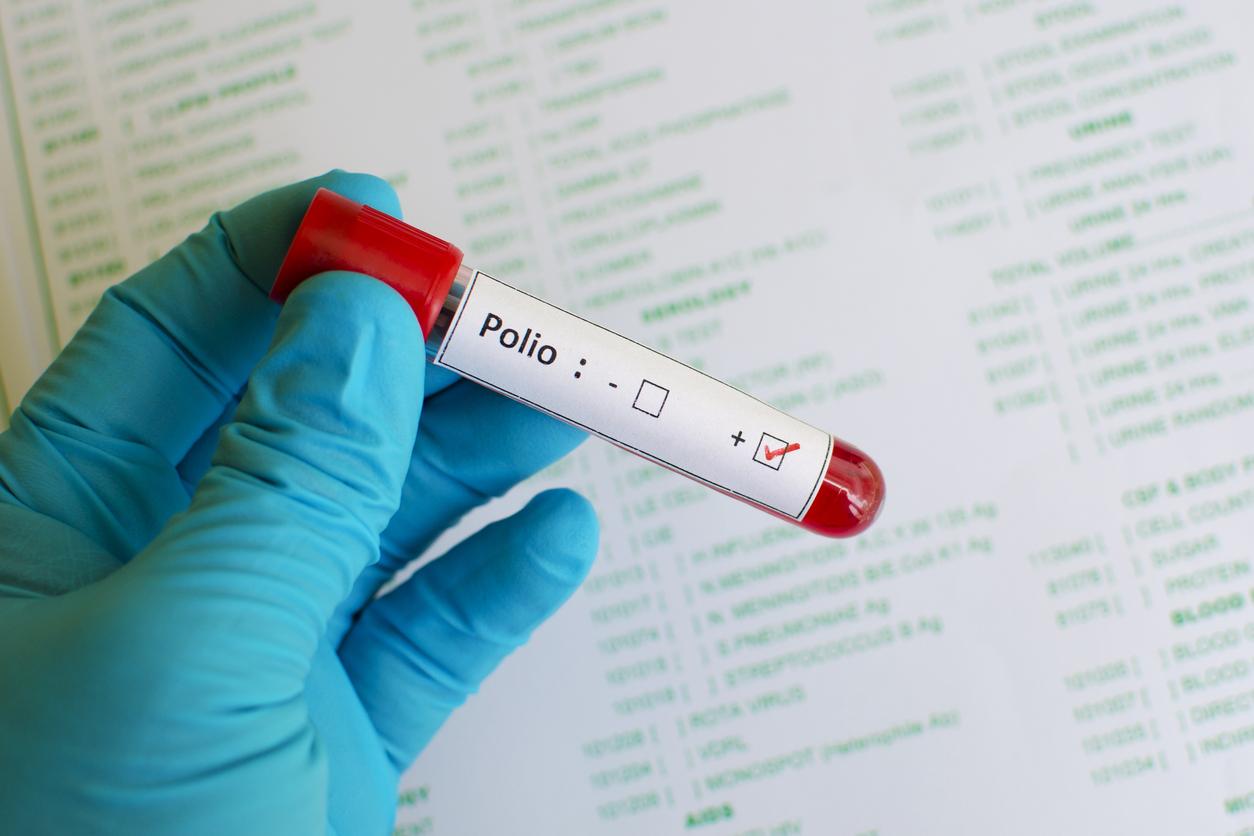Ultra-processed foods are so convenient and quick to prepare that they now make up a large part of our daily diet. We almost forget that these foods are full of additives (flavorings, colorings, emulsifiers or even sweeteners) likely to impact our health.
A new study, conducted by researchers at Massachusetts General Hospital and Harvard Medical School (United States), demonstrates that the consumption of large quantities of ultra-processed foods, in particular drinks containing sweeteners artificial, is associated with a higher risk of depression.
They also maintain depression
“Our study focused on the link between ultra-processed foods and the subsequent risk of developing a new episode of depression,” said study co-author Professor Andrew T Chan. “However, there is also the possibility that for people with chronic depression, ultra-processed foods may worsen their condition.”
This study examined the diets of nearly 32,000 middle-aged women who were part of the Nurses’ Health Study II. The researchers then compared the number of women who developed depression to their consumption of ultra-processed foods, and particularly sweetened drinks.
Controlling for other depression risk factors related to health, lifestyle, and socioeconomic factors, their study found that people who consumed 9 or more servings of ultra-processed foods per day had a 49% increased risk of depression compared to people consuming less than 4 servings per day.
“Experimental studies have shown that artificial sweeteners can trigger the transmission in the brain of particular signaling molecules that are important for mood,” insist the researchers.
No more days when you don’t feel in good mental shape
In July 2022, another University of Florida study (United States) conducted among 10,359 adults aged 18 and over, already confirmed that these foods increase the risk of depression. “Compared to people who consumed the least ultra-processed foods, those who consumed the most were 80% more likely to present symptoms of mild or more severe depression” emphasize the authors of the study. Additionally, the number of days per month they felt mentally unwell was 20% higher and the number of days they felt anxious was 19% higher.
“The data from this study add important and relevant information to a growing body of evidence regarding the harmful effects of ultra-processed consumption on mental health symptoms,” emphasize the researchers.
Eat healthily to reduce medication
Their colleagues at Macquarie University, in Australia, can only confirm. In a study published in 2019 in Plos One magazinethey also emphasized that fatty and sugary foods cause a cascade of reactions in the brain which can, in young adults, lead to depression.
But in this study, they also say that changing your eating habits can be a good way to pave the way to recovery when you suffer from depression. They recruited 76 participants aged 17 to 35 with moderate to high symptoms of depression. All had a diet that included high levels of sugar, saturated fat and processed foods. During the three weeks of the study, some continued their usual diet and others received healthy food baskets as well as nutritional advice.
As hoped, in this “healthy eating” group depression scores improved significantly as did anxiety and stress scores. Researchers believe that a healthy diet could prevent symptoms from worsening and, ultimately, could alleviate medical treatments.
Sources :
Consumption of Ultraprocessed Food and Risk of DepressionJama network, September 2023
Cross-sectional examination of ultra-processed food consumption and adverse mental health symptomsPublic health nutrition, July 2022
A brief diet intervention can reduce symptoms of depression in young adults – A randomized controlled trialPlos one, October 2019

















